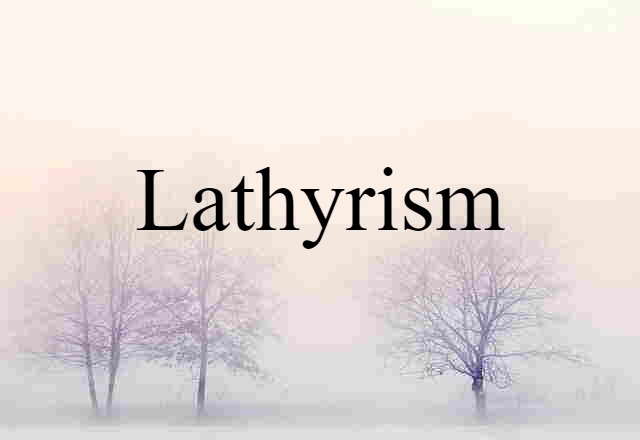- the condition of being unequal; lack of equality; disparity: inequality of size.
- social or economic disparity: inequality between rich and poor people;widening income inequality in America.
- unequal opportunity or treatment resulting from this disparity: inequality in healthcare and education.
- disparity or relative inadequacy in natural endowments: a startling inequality of intellect, talents, and physical stamina.
- injustice; favoritism; partiality.
- unevenness, as of surface.
- an instance of unevenness.
- variableness, as of climate.
- Astronomy.
- any component part of the departure from uniformity in astronomical phenomena, especially in orbital motion.
- the amount of such a departure.
- a statement that two quantities are unequal, indicated by the symbol ≠; alternatively, by the symbol <, signifying that the quantity preceding the symbol is less than that following, or by the symbol >, signifying that the quantity preceding the symbol is greater than that following.
- the state or quality of being unequal; disparity
- an instance of disparity
- lack of smoothness or regularity
- social or economic disparity
- maths
- a statement indicating that the value of one quantity or expression is not equal to another, as in x ≠ y
- a relationship between real numbers involving inequality: x may be greater than y, denoted by x > y, or less than y, denoted by x < y
- a departure from uniform orbital motion
















